Historical Events
Exploring Different Eras and Historical Events
History is a vast tapestry woven with the threads of different eras and significant events that have shaped the world we live in today. By delving into the past, we can gain a deeper understanding of our present and perhaps even catch a glimpse of what the future may hold. Let's embark on a journey through time to explore some pivotal moments in history across various eras.
Ancient Civilizations
Ancient civilizations such as the Mesopotamian, Egyptian, Greek, and Roman empires laid the foundation for modern society. These civilizations were known for their advancements in art, architecture, science, and governance. The construction of the pyramids in Egypt, the development of democracy in ancient Greece, and the engineering marvels of the Roman Empire are just a few examples of their enduring legacies.
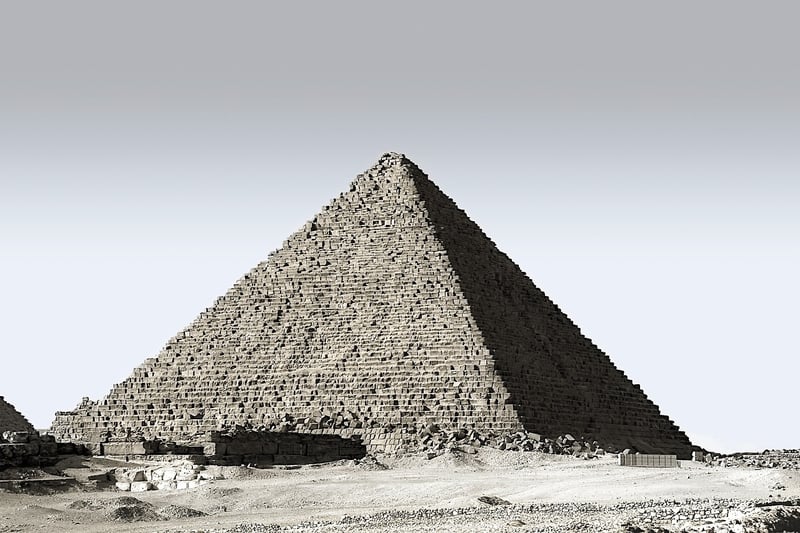
The Age of Exploration
During the Age of Exploration in the 15th to 17th centuries, European explorers embarked on voyages that expanded the known world. Explorers like Christopher Columbus, Vasco da Gama, and Ferdinand Magellan discovered new lands, established trade routes, and connected distant civilizations. This era forever changed the global landscape and led to the exchange of ideas, cultures, and commodities.
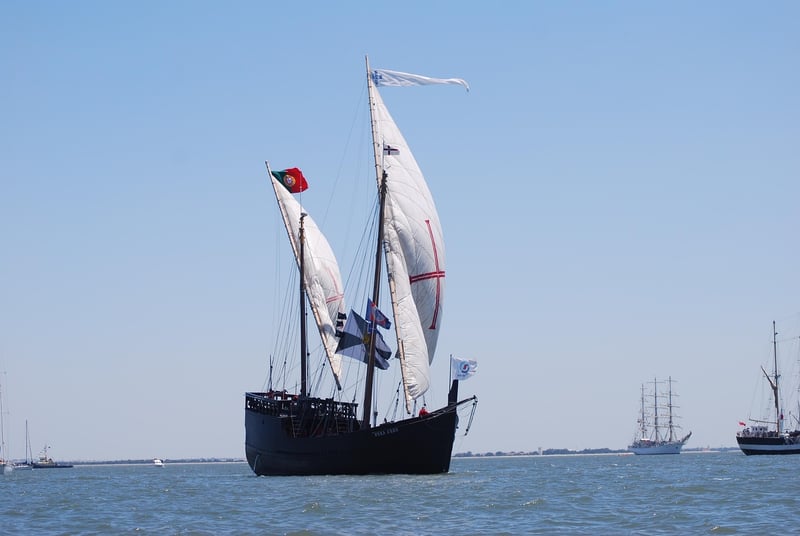
The Industrial Revolution
The Industrial Revolution, which began in the 18th century, marked a significant shift from agrarian societies to industrialized economies. Innovations in manufacturing, transportation, and communication technologies transformed the way people lived and worked. Factories, steam engines, and railways revolutionized production and trade, leading to urbanization and social changes.
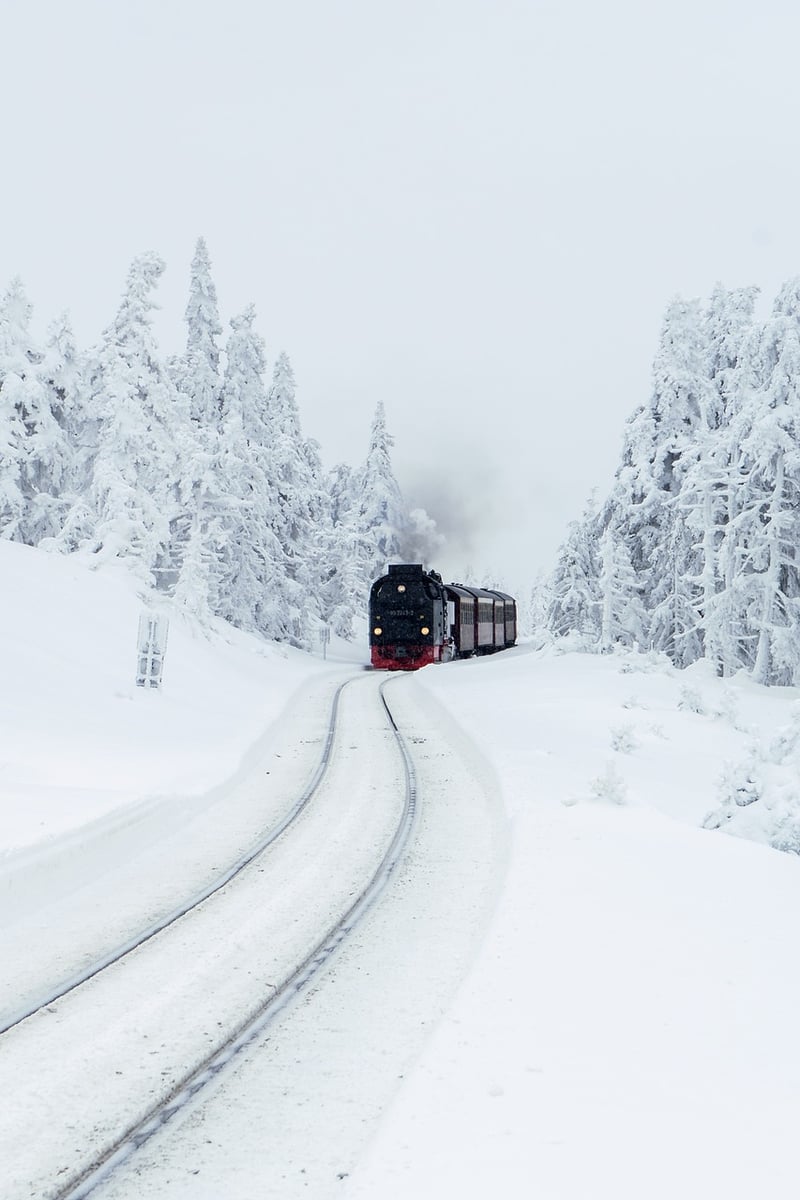
World Wars
The 20th century witnessed two devastating World Wars that reshaped the geopolitical landscape and had far-reaching consequences. World War I, with its trench warfare and global involvement, was followed by World War II, which saw the rise of totalitarian regimes and the horrors of the Holocaust. These conflicts led to the formation of international organizations like the United Nations to promote peace and cooperation.
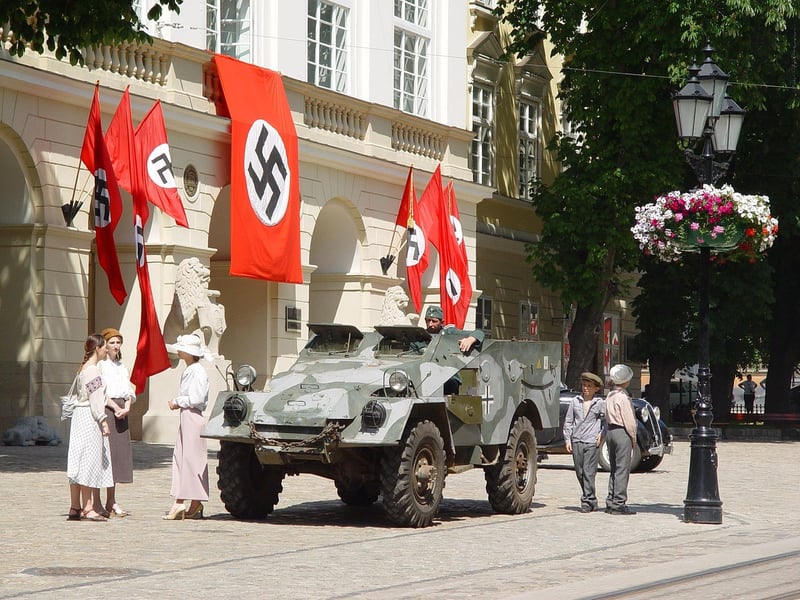
Space Exploration
In the latter half of the 20th century, the exploration of space captured the imagination of people worldwide. The Space Race between the United States and the Soviet Union led to monumental achievements such as the first human landing on the moon. Space exploration continues to push the boundaries of scientific knowledge and inspire future generations to reach for the stars.
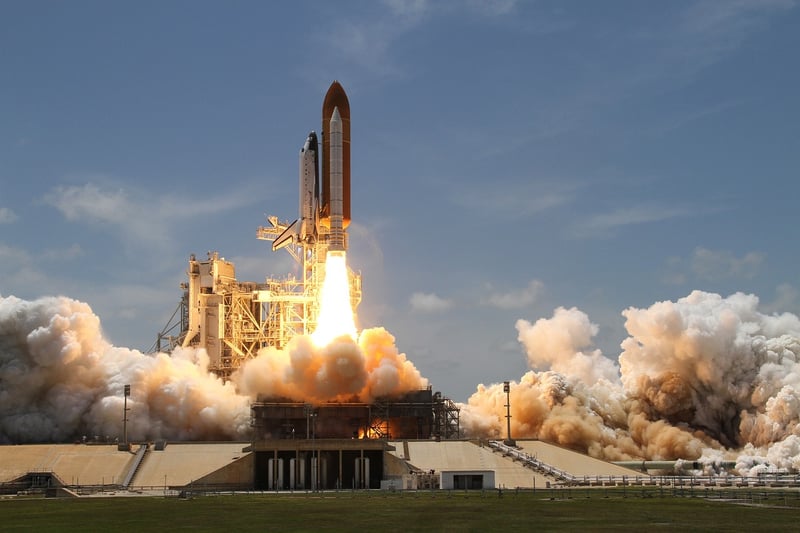
By studying different eras and historical events, we can appreciate the complexities of human civilization and learn from the triumphs and tragedies of the past. History serves as a guidepost for the future, reminding us of our shared humanity and the enduring legacy of those who came before us.
